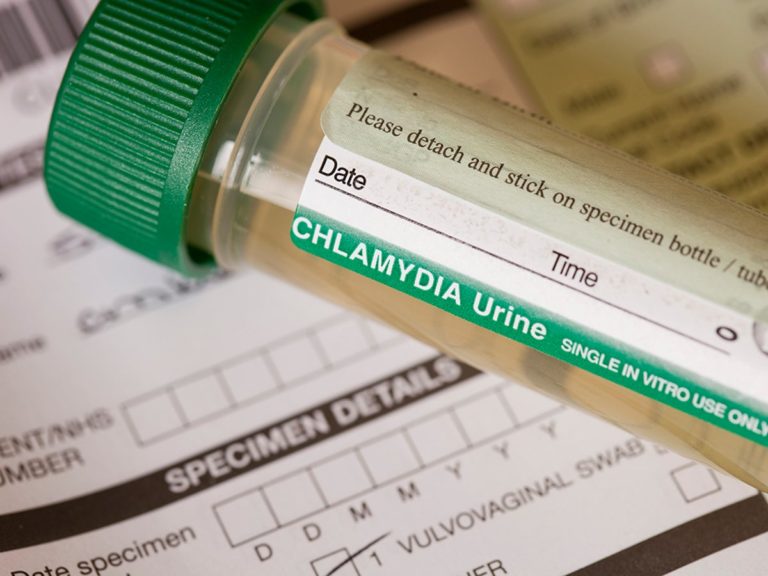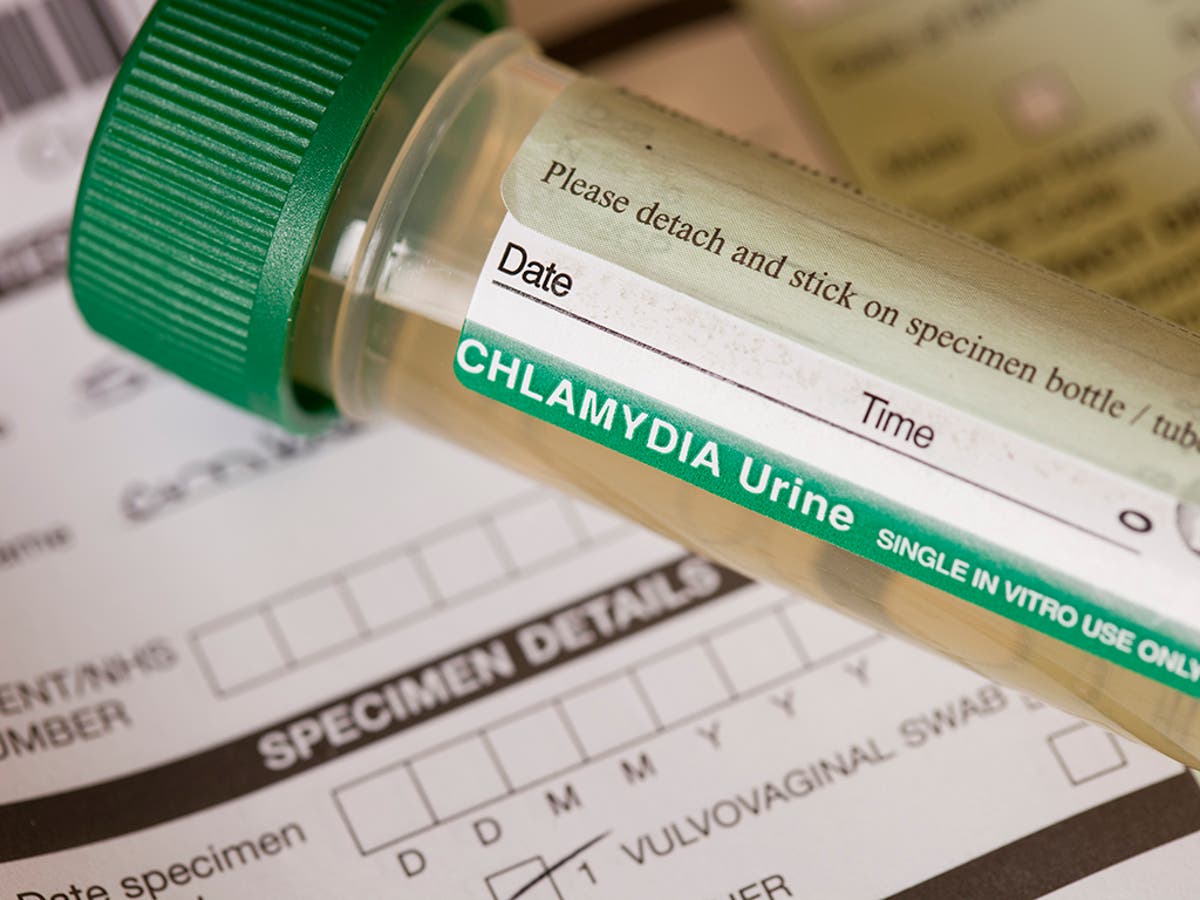

The government’s decision to solely test women and girls and not men for chlamydia is a “disaster for women’s health” and reverses two decades of progress on how to tackle sexual health, campaigners warned.
Terrence Higgins Trust, the leading HIV and sexual health charity in the UK, said the changes unveiled on Thursday were even worse for gay and bisexual men.
Screening for chlamydia – a common sexually transmitted disease – is currently offered to young men and women under 25 in community settings like GP practices and community pharmacies but new rules mean only young women under 25 in England will be screened.
Debbie Laycock, head of policy at Terrence Higgins Trust, told The Independent: “We are really concerned about this shift for women and what precedent this sets. What does this really mean for the government’s ambition around sexual health?
“One of our concerns is this might undermine men’s role and responsibility in achieving good sexual health. This will definitely increase the burden of responsibility on women. This gives the message that chlamydia is a woman’s issue when really it should be the responsibility of everyone who is sexually active.
“Today’s decision to only test women and girls for chlamydia is a disaster for women’s health, even worse for gay and bisexual men, and turns the clock back 20 years on our approach to sexual health.”
She said the move would “result in the removal of responsibility for men” – adding that it “wrongly” compounds the notion women are “solely responsible for sexual and reproductive health”.
Ms Laycock noted the national chlamydia screening programme has long provided an opportunity to talk to young men about chlamydia and broader sexual health as well as “normalising” testing in young men.
The move will have far-reaching repercussions on gay and bisexual men who will now get fewer opportunities to be checked for chlamydia, she said.
“Despite a 61 per cent increase in chlamydia diagnoses in this group between 2014 and 2018,” Ms Laycock added. “Gay and bisexual men are already disproportionately burdened by sexually transmitted infections and this move will do nothing to improve that situation.”
She warned the government’s decision to focus on cutting the “harms of untreated chlamydia” is overall a “big step backwards” and will damage the sexual health of all young people living in the UK.
Ms Laycock called for the overhaul to be reversed as she also criticised the government for continuing to “severely underfund vital local council sexual health services”.
A report by the Terrence Higgins Trust and British Association for Sexual Health & HIV (BASHH) released in February last year drew attention to the “unacceptably high” STI rates with a diagnosis every 70 seconds on average. In 2018, there were 447,694 new diagnoses of STIs, which is an increase of 5 per cent from the year before.
While the government have not mentioned the issue of trying to save money in any of the documents about the new screening practices, campaigners speculated whether the changes could be an attempt to save money by reducing the number of people being tested.
The new rules stipulate that young men will still be offered a chlamydia test if they display symptoms, if their partner has contracted chlamydia or as an element of provision from specialist sexual health services.
Kate Folkard, deputy director for the National Infection Service at Public Health England, said: “The expert review group has highlighted the need for the National Chlamydia Screening Programme to focus its efforts on reducing harm by improving asymptomatic screening of young women as they are most at risk from ill health and further complications due to untreated chlamydia, particularly to their reproductive health.
“The new strategy will maximise the programme’s health benefits, helping reduce complications such as ectopic pregnancy, pelvic inflammatory disease and infertility.
“Specialist sexual health services will remain unchanged. Everyone can still get tested if needed and if you have had sex without a condom with new or casual partners you should have an STI check-up annually. Many clinics offer STI tests via their website, which are sent in the post to be taken at home.”